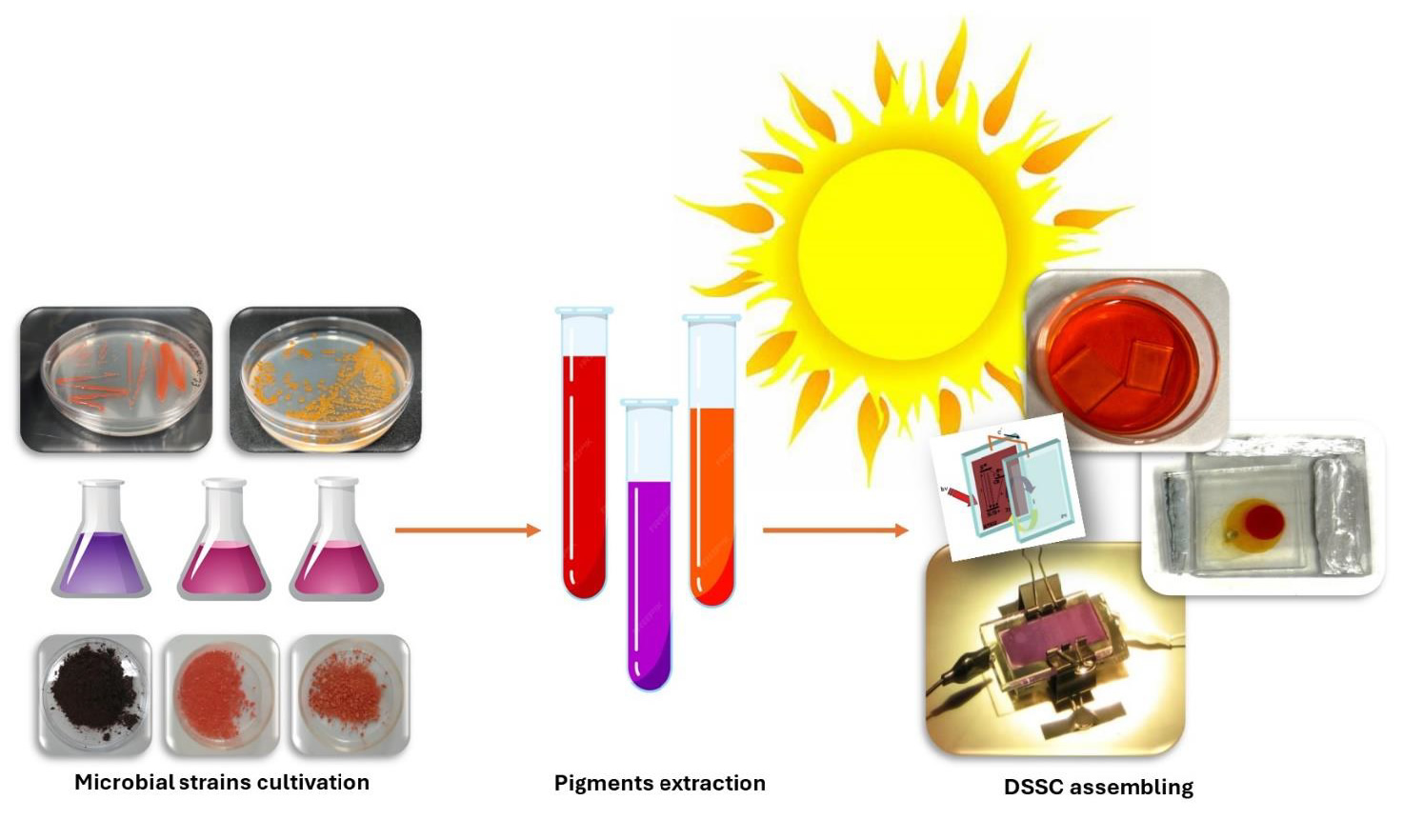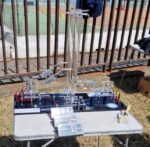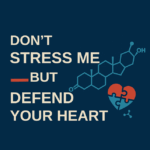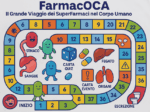
MICROORGANISMS AND SOLAR ENERGY
Some microorganisms, in dependence of the cultivation conditions, are able to produce colored molecules known as microbe pigments, among which the most known are carotenoids. These molecules, known for their high antioxidant activity, are able to interact with sunlight by generating an electric current. The production of these pigments from selected bacterial cultures is then exploited for the development of third-generation solar cells known as Dye Sensitized Solar Cells (DSSCs). https://www.ipcf.cnr.it/research/solar-energy/
PARTECIPANTI: ALESSIA TROPEA, ROBERTA LA TELLA, DONATELLA SPADARO, ILARIA CITRO
Date
- Sep 27 2024
- Expired!
Time
- All Day
Location
Università degli Studi di Messina
- Messina
Category
Organizer
-
Università degli Studi di Messina

Calendar
September 2025
Sep 26 2025
Bringing viewers closer to the biodiversity found in the ocean depths, using laboratory material, QR codes and surveys
Università degli Studi di Messina
Sep 26 2025
Energy from the Sun… with an Artificial Leaf! How chemistry helps turn CO₂ and water into clean fuels by imitating nature
Università degli Studi di Messina
Sep 26 2025
Heart under pressure: taking on stress!
Università degli Studi di Messina
Sep 26 2025
Minors’ Access to the Internet and Electronic Communications Services
Università degli Studi di Messina
Sep 26 2025
Well-being in contexts: Psychologists for health
Università degli Studi di Messina
Sep 26 2025
PharmaGoose: the playful journey of medicines through the human body
Università degli Studi di Messina
Sep 26 2025
Better Alone… but Well Accompanied by the Sun!
Università degli Studi di Messina
Sep 26 2025
The Green Revolution of Plastic Materials
Università degli Studi di Messina
Sep 26 2025
Building the Tissues of the Future: “In Search of the Missing Piece”
Università degli Studi di Messina
Sep 26 2025
Inside the Decision: A Journey Through Perception
Università degli Studi di Messina
Sep 26 2025
The sea that unites
Università degli Studi di Messina
Sep 26 2025
Exploring the dialects of the Mediterranean through linguistic atlases
Università degli Studi di Messina
No event found!
Load More












